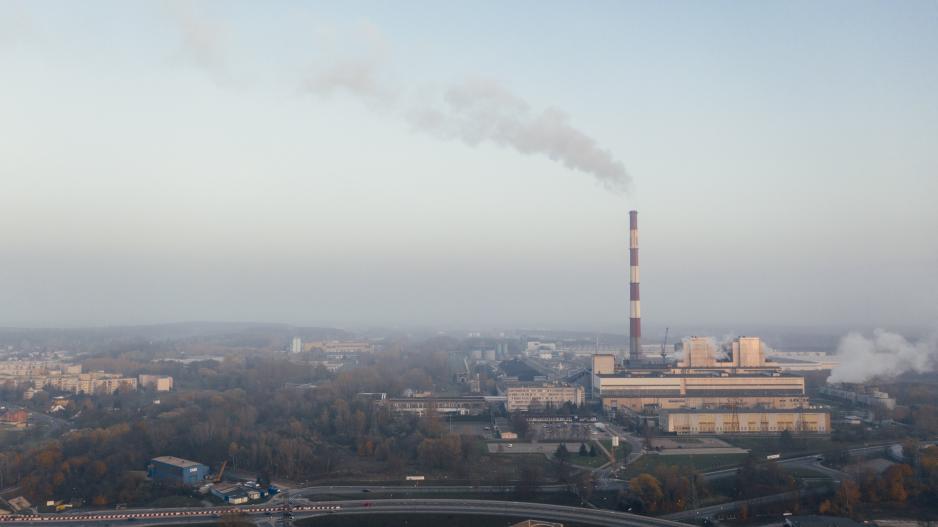Cyprus achieves Greenhouse Gas reduction targets, but challenges emerge
According to a recent special report published by the Audit Office on Monday, Cyprus has successfully met the greenhouse gas reduction targets set for the period 2013-2020. However, in recent years, Cyprus has experienced an upward trend in emissions while the EU has made significant reductions, posing challenges for achieving stricter future targets.
The report, available on the Audit Office's website, reveals that despite the EU's remarkable reduction in greenhouse gas emissions through the Emissions Trading System (ETS), Cyprus has only managed to decrease emissions from stationary installations by 15% -compared to 2005 levels- during the period of 2013-2021. On the other hand, emissions from electricity production have increased by approximately 6%.
This concerning trend becomes more pronounced in 2021, the first year of the current decade (2021-2030). As reported by the Audit Office, greenhouse gas emissions in 2017, 2019, 2020, and 2021 exceeded the reference year (2005) by 2.07%, 4.61%, 1.4%, and 7.63%, respectively.
The Audit Office highlights that these findings indicate that the ETS has not yielded comparable results at the national level. Furthermore, the competent authority has not fulfilled its institutional obligations in terms of providing relevant information to the House of Representatives and ensuring transparency. “The allocation of auctioning revenues has also been unorthodox and contrary to the established institutional framework,” the report continues.
Additionally, the report notes that the environmental, social, and other impacts of the expenses/investments being implemented have not been adequately evaluated, including their contribution to national targets and performance indicators. The continued reliance on conventional and polluting fuels in the electricity generation sector has led to increased costs for consumers due to the need to purchase greenhouse gas emission allowances.
The Audit Office puts forth several general recommendations to address these issues. To achieve the committed greenhouse gas reduction targets, all competent state authorities involved in implementing the National Emissions Reduction Plan should smoothly implement appropriate policies and measures, as advised by the Audit Office.
To meet future targets for the allocation of annual emission allowances, Cyprus must reverse the negative trend resulting from the gradual increase in actual emissions recorded from 2017 to 2021, as specified in the report. The Audit Office suggests establishing a reliable monitoring mechanism to track policy and measure implementation, finding effective ways to allocate auctioning revenues, and evaluating the expenses/investments funded by these revenues in terms of their impact on energy efficiency and the modernization of the energy system.
Regarding electricity production, the report emphasizes the need to promptly evaluate and promote low-emission or zero-emission energy sources such as natural gas and renewables. By implementing these recommendations, Cyprus can improve its effectiveness in its approach to greenhouse gas reduction efforts.
Furthermore, it is important to highlight that the urgency to restrict emissions within the defined limits has increased, considering the progress report released by the European Commission and the objectives of the "Fit for 55" package.

The term "Fit for 55" pertains to the European Union's target of achieving a minimum 55% reduction in net greenhouse gas emissions by the year 2030. This objective necessitates aligning EU legislation with the 2030 goal. The Fit for 55 package encompasses a series of proposals designed to revise and update existing EU laws and introduce new initiatives, all with the objective of ensuring that EU policies are consistent with the climate objectives agreed upon by the Council and the European Parliament.
The proposed package aims to establish a comprehensive and balanced framework for attaining the EU's climate targets. It seeks to facilitate a just and socially equitable transition, while also promoting innovation and competitiveness within EU industries. Additionally, the package aims to ensure a level playing field for EU economic operators in comparison to operators from other countries and reinforces the EU's leading position in the global fight against climate change.






